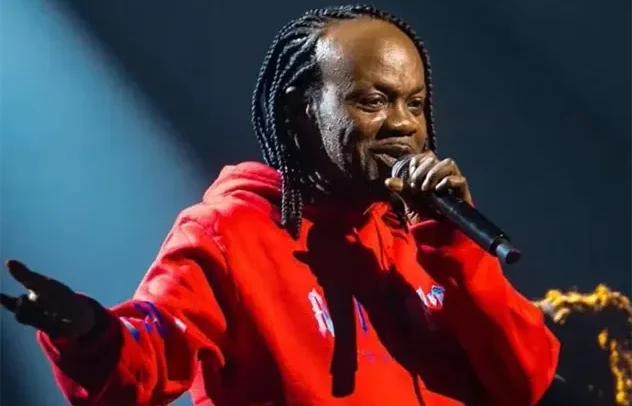The late Daddy Lumba
A book of condolence has been opened at the residence of the late Ghanaian music icon, Daddy Lumba, for friends, fans, and well-wishers to pay their respects.
The announcement was made in an official statement issued by Baba Jamal & Associates, legal representatives of the Fosu family. The highlife legend, whose real name was Charles Kwadwo Fosu, passed away on Saturday at the Bank Hospital in Accra after a brief illness. The exact cause of death has not yet been made public.
In confirming his passing, the Fosu family expressed their heartfelt gratitude for the outpouring of love and support they have received from the general public. They acknowledged the many prayers and messages of comfort, noting that these gestures have brought them immense solace during this time of deep grief.
As part of arrangements to honour the memory of Daddy Lumba, two commemorative events have been announced. The book of condolence will be available at his private residence, located at Kinshasha Crescent, House Number 12, beginning Tuesday, July 29, 2025. Members of the public are invited to visit daily from 9:00 a.m. to 4:00 p.m.
Additionally, a candlelight vigil is scheduled to take place on Saturday, August 2, 2025, at Independence Square in Accra. Organised under the auspices of the Creative Arts Agency, the vigil will begin at 6:00 p.m. and is expected to draw hundreds of fans and industry players to celebrate his life and legacy.
The Fosu family has appealed to the public to respect their privacy as they mourn, while encouraging all Ghanaians to take part in the celebrations of Daddy Lumba’s remarkable contributions to Ghanaian music and culture.
Born in 1964, Daddy Lumba rose from humble beginnings to become one of Ghana’s most influential and enduring musical figures. Over a career spanning more than three decades, he released over 30 albums, blending traditional highlife with contemporary sounds. His hits, including ‘Aben Wo Ha, Theresa, and Yentie Obiaa, cemented his place in the hearts of millions.
Beyond his music, Daddy Lumba was a symbol of cultural expression and pride. His influence extended beyond the stage into fashion, language, and national identity. For many Ghanaians, he was not just a musician but a generational icon.
His passing has left a deep void in the Ghanaian music industry and has been met with an outpouring of tributes from across the country and the diaspora. Artists, public figures, and fans alike have hailed his artistry, legacy, and the indelible mark he left on the highlife genre.
By Francis Addo


